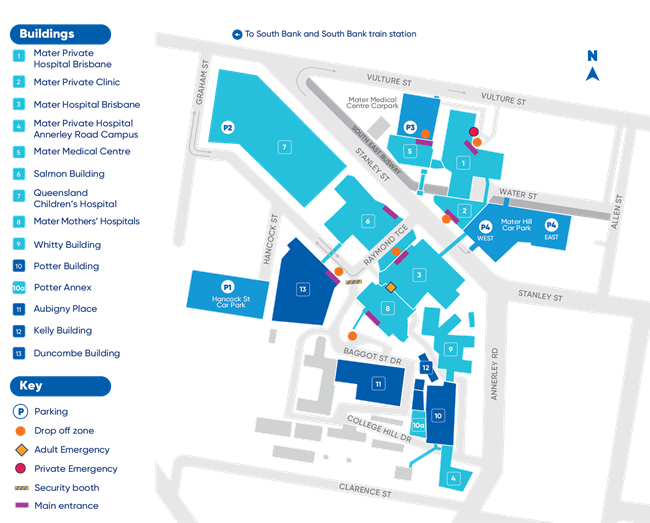Gastroscopy

What is a gastroscopy?
A gastroscopy, also known as endoscopy, is a procedure to look at the oesophagus, stomach and the first part of the small bowel.
This procedure is performed with a long thin flexible tube called a gastroscope which has a light and a camera on the end. This tube is passed through your child’s mouth and down to the stomach. The doctor can then have a clear view and take biopsies (small samples) which can be analysed later in the laboratory.
The gastroscopy will be done while your child is asleep under a mild general anaesthetic.
Remember, if your child has severe abdominal pain that is not releived by paracetamol, or a significant amount of blood in their stool, you should seek medical assistance.
How long will it take?
The procedure itself will take about 20 minutes. Your child will then go to the recovery room. Therefore your child will be away from you for approximately 45 minutes. Your child will then be required to stay in the Day Unit for approximately one hour following the procedure.
When can my child eat and drink again?
If your child is awake on return to the Day Unit, they can have clear fluids immediately (breast fed babies can have a breast-feed). A light diet will be offered when fully awake.
Care following the procedure
Diet and fluids
Encourage normal diet and fluids once home unless otherwise recommended by your doctor.
Nausea and vomiting
It is not uncommon for children to vomit once returning from hospital. If your child is vomiting, give sips of clear fluid, try a piece of dry toast or a cracker biscuit and increase amounts as tolerated until the vomiting settles. If vomiting continues after 24 hours seek medical advice.
Pain
Your child may have a sore throat after the procedure. Give your child some Paracetamol to relieve this discomfort. Follow the instructions on the product packaging as required. Cold drinks and iceblocks are also effective in relieving your child’s sore throat.
Mild abdominal pain and bloating are also common after the procedure. If your child has severe abdominal pain that is not relieved by paracetamol, or a significant amount of blood in their stool, you should seek medical assistance.
Activity
Your child should rest at home for the remainder of the day. Normal activities such as school and kindy can resume the following day. Young adults must not drive a car, operate machinery or make important decisions for the rest of the day.
Please note: Mater Children's Private Brisbane does not have an Emergency Department.
Follow up
Your doctor will discuss the required follow up plan with you before you leave. This usually consists of a consultation or a phone call for the biopsy results.
Emergency contact
To ensure your child receives the best possible care in an emergency, you should call 000 or go to your closest hospital that treats children.
If you have any concerns or questions please contact your doctor.
Contact Mater Children’s Private Brisbane
Salmon Building,
Raymond Terrace,
South Brisbane QLD 4101
Telephone: 07 3163 8111

Mater acknowledges consumer consultation in the development of this patient information.
Mater Doc Num: PI-CLN-470015
Last modified 11/10/2019.
Consumers were consulted in the development of this patient information.
Last consumer engagement date: 05/5/2015
For further translated health information, you can visit healthtranslations.vic.gov.au/ supported by the Victorian Department of Health and Human Services that offers a range of patient information in multiple languages.